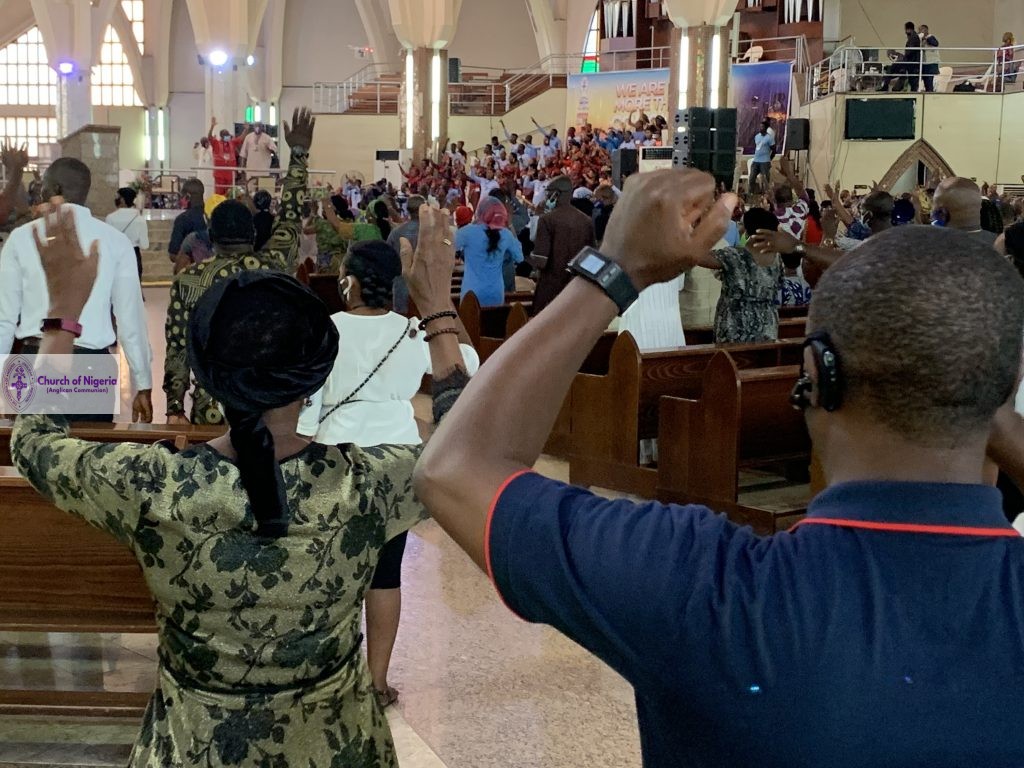In many circles today, we are given the impression that we face a choice between thinking and faith. We are given the impression that somehow the postures of faith and reason are mutually exclusive. We live with words in our culture that seem to confirm a divide between fact and value. There is a real world of objective things, science, and hard realities; and there is the world of tastes, opinions, and personal values. The gulf, we are told, is real and to be held to at all times. This division is further reinforced by the notion of public and private worlds, whereby one set of values or criteria rules in one sphere and a different set rules in the other. And this is then often compounded in the church with the divide between sacred and secular. The language employed is one that clearly divides that which is deemed “of God”—preaching, praying, and evangelism—and that which is deemed of “the world”—business, politics, media, and so forth.

Within such a context, belief is seen as something mystical, existential, and defying rational boundaries or requirements. For the Christian in such a context, thinking, theology, and reasoning can be seen as unnecessary distractions to “simple” or “pure” faith.
Yet the biblical reflection of faith is quite the contrary. We are presented with what it means to be made in the image of God, and what it means to live and function in a created order. God has given us various faculties that are the vehicles of our knowing and understanding. Reason, experience, and revelation are all legitimate means and provisions of God for us and to us.
In the words of the prophets and the cries of the psalmist we see many references to reason in relation to faith. The book of Job is an extended discussion on the “reasonableness” of Job’s situation, and though reason does not discover a right answer and makes many blunders, it is not refuted in and of itself. The entire wisdom tradition enjoins the pursuit of knowledge and understanding as an expression of worshipping God. Nowhere do we get the impression of blind faith or esoteric leaps into ecstatic union.
Moreover, in the life of Jesus, the sound use of soul, heart, and mind is further exemplified. His teaching required careful listening and comparison, as in the Sermon on the Mount. He asked questions which were structured to require reasoning, such as in the healing of the paralytic.(1) Even when asked by John about whether he was the Christ, Jesus essentially tells John to think through his own conclusions, sending messengers back to report what they heard and saw.(2) Christ’s use of questions, parables, and dialogues shows boldly that reasoning is not ruled out of our spiritual life but is a central component of it.
Indeed, when reason and faith are set up as juxtaposing postures, much is lost. In a world of many voices and demanding messages, faith and reason can be seen as interrelated partners and not enemies. The outcome of faith is a more complete understanding of truth than is possible otherwise. The outcome of seeking, knowing, and following Christ is a coherent and abundant life of which no mind has conceived all that God has prepared for those who love Him.
Stuart McAllister is Global Support Specialist for RZIM in Atlanta, Georgia.
(1) See Matthew 9:1-8.
(2) See John 11:1-6.
https://www.rzim.org/read/a-slice-of-infinity/thinking-faith
